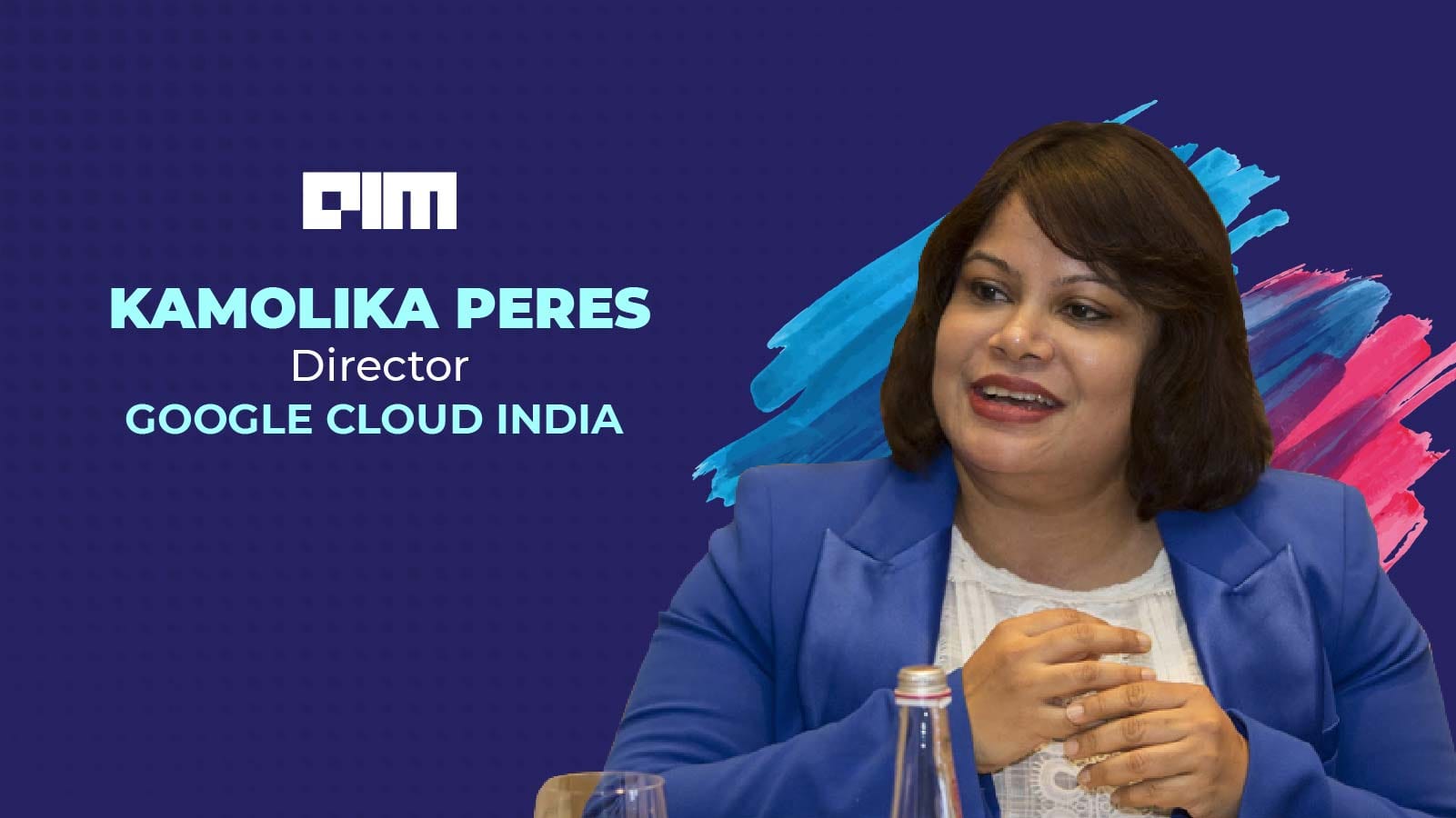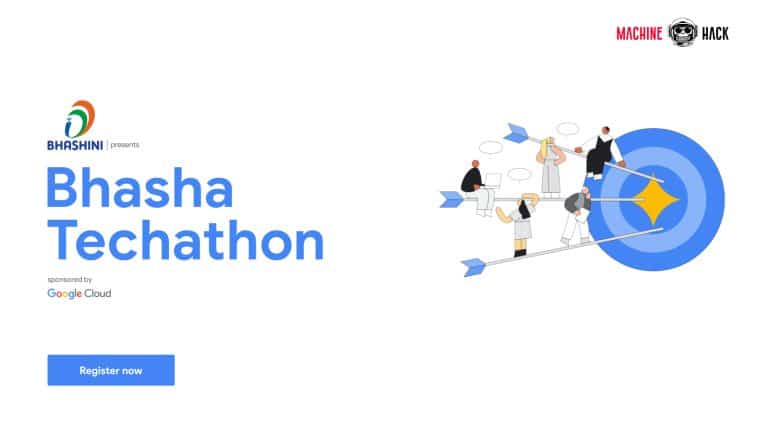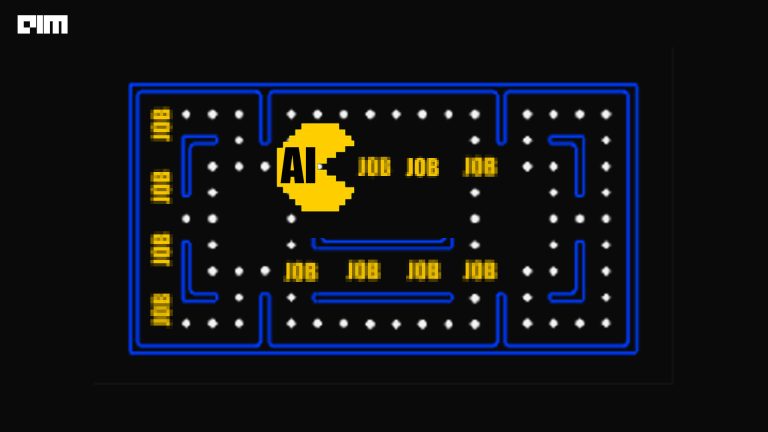The COVID-19 pandemic has resulted in an unimaginable loss to the global economy. The measures necessary to contain the virus have triggered an economic downturn while uncertainty about its severity and length prevails. The crisis has, in fact, forced the government to take unprecedented measures and businesses are rapidly adjusting to the changing needs of their people, their customers and suppliers while navigating the financial and operational challenges.
In order to keep up with the pace of this revolution, businesses, all around the world, are seeking to leverage the power of AI. However building an effective artificial intelligence capability is not an easy task, comes with many challenges to overcome, related to developing platforms and solutions. And that’s why Google Cloud released their AI framework to help business leaders bring out the potential of artificial intelligence in their businesses. The framework has been designed based on Google’s own experience and evolution, along with its leadership in artificial intelligence.
To understand how this pandemic has affected Google’s own company structure and businesses, we got in touch with Kamolika Peres, Director, Google Cloud India. “Our aim, for now, is to focus on delivering the best services to our customers and creating a connected environment for our employees. Across India, businesses and users depend on Google Cloud to help them stay connected and get work done,” said Peres. “Hence, all our business strategies and focus on delivering the best while we stay connected- both with our customers and employees.”
Also Read: Big Tech Breakup — Google Blamed For Running A Monopoly, Case Filed
Here is the edited excerpt:
What do you think is the economic cost of this extended lockdown? How is the cloud helping companies in their restart process post the lockdown?
The pandemic has shown that more people can easily work from home, relying on emails, chats and videoconferencing to quickly communicate with colleagues. Many employees are unlikely to return to office even after the pandemic is under control, and the need for physical workspaces and paper files will decrease. The ‘new normal’ will help the economy maintain a heightened momentum of healing from the losses and creating ways for businesses and industries to prosper.
We are focusing on helping our customers navigate the impacts of COVID-19, whether that is assisting employees in working remotely, ensuring social services are accessible or making sure communities can access the latest information on the virus. While we are working on building the near-term solutions our customers need, we also want to help prepare them with a reliable foundation for the future.
Businesses and individuals across India are ensuring that they stay connected and run their business smoothly. Majority of the businesses will now depend more on the cloud for smooth functioning. We at Google Cloud understand the importance of this responsibility and are taking several steps to ensure that the execution is done sans any errors. While for now, our focus is on building present term solutions, we are also instilled on building a strongly reliable foundation for the future which our customers need.
We will continuously extend our support to the community for adjusting to the new reality as well as the businesses to plan for the future course of action. We are additionally helping governments take the burden off their IT systems and pivot to working from home; helping healthcare systems support people in need, and helping companies in industries like retail better manage changes in consumer demand.
How are AI, ML or IoT playing a critical role for businesses?
COVID-19 has transformed how people live, work, learn, and socialise. And, we believe this transition will be a lasting one with technology playing a central role. With the demand for digital transformation accelerating as a result of COVID-19, there is a huge amount of interest from enterprises to build AI applications, integrate them, modernise systems and automate all of them easily in a cost-effective manner. Alongside, companies are currently wanting solutions where it doesn’t take an in-depth knowledge of code to complete applications and automate services.
The pandemic has also triggered a spike in the usage of IoT tools across industries as the need for automation grows. Companies are also witnessing changes in their supply chain, and IoT will be the base for facilitating these changes. Since remote communication will be the new normal, there will be a surge in communication software which will be facilitated on various IoT platforms.
.
People are coming together to take on the challenges we’re facing due to the novel coronavirus, and AI is proving to be a valuable tool. From sifting through huge research datasets to finding potential treatments to more accurately forecast the spread of the disease, to powering virtual agents to answer questions about COVID-19, AI is helping all kinds of organisations.
We also unveiled the Rapid Response Virtual Agent software that taps the Contact Centre AI that was developed for enterprises and repurposes it to assist companies that are experiencing a high volume of calls related to COVID-19. The program can be set up quickly to address the first line of queries via voice or chat. Also, the customised AI bots can help direct communication traffic and alleviate some of the tasks from the human workforce, which could be otherwise redirected to more relevant jobs.
Can you also share, what are the trends you foresee post COVID?
This unexpected outbreak has rapidly increased the adoption of digital tools among companies, where more agile companies are turning to technology in order to carry out their businesses, stay connected and maintain relevance. Businesses across the globe have transitioned from more physical meetings to virtual conferencing rapidly, some even overnight. As a matter of fact, according to data, amid COVID pandemic, Google Meet, Google Cloud’s video conferencing product, saw day-over-day growth surpass 60%
The pandemic has made digital transformation the new foundation for the future and became an im[erative for enterprises, public services, health care systems and education. Not only companies but also governments are embracing digitalisation for seamless access to these services with faster responses and more efficient resource management. Businesses and companies will require more applications to be hosted online through the cloud platform.
While the Covid 19 pandemic has threatened lives and economies across the world, it has demonstrated that businesses and people can transform themselves overnight. The tech industry in India has faced several challenges over the past two decades and has emerged stronger by adopting creative strategies. With businesses accelerating their journey towards cloud and digital adoption to minimise human touchpoints. This will create substantial business opportunities for tech companies. Indians are resilient and entrepreneurial. We are perfectly capable of beginning again with renewed efficiencies.
How does Google Cloud aim to benefit the business community with its new initiatives?
Some ways by which we are supporting businesses with new initiatives is by help offices, corporations, and business communities figure out how to accommodate remote workforce during the COVID-19 pandemic. For such companies, we have released BeyondCorp Remote Access, a cloud-based product enabling organisations to provide secure access to their employees. With this secure access, the employees can safely access internal web applications from any device or any location. Such secure access to browser-based applications helps employees adapt to new ways of working.
Further, we made our premium video meetings product Google Meet free to everyone so they can connect to all their important meetings. For Anthos, we have released new capabilities to support businesses to develop, deploy, and operate applications faster, with more flexibility. Since cloud platforms have become vital for enterprises for cost-benefit-ratio and digital transformation, we expanded Anthos to support a slew of workloads for different cloud environments. This will help enterprise developers develop applications that are unfailing for both on-premise and public cloud environments.
Additionally, at Next OnAir’20, we also announced the launch of BigQuery Omni that enables a direct connection between the customers and their data across Google Cloud, Amazon Web Services, and Microsoft Azure. The customers can use this access for analysing without having to move or copy datasets. BigQuery Omni provides a single user interface for customers to analyse data in the region where it is stored, providing a unified analytics experience. Additionally, we are helping customers move fixed, on-premise, costs to variable, cloud, costs. We are providing customers with flexibility in their costs as computing demand fluctuates during the pandemic.
Amid the pandemic, our company was transforming from people buying fragmented technology to people relying on the consumption model of technology. The consumption model enables customers to have a massive tail-width to cloud and SaaS companies. It will fundamentally change the entire face of how companies leverage the cloud.
Which skills are you building internally at Google Cloud to keep the innovation going forward in 2020?
As people transition to remote work and learning in response to COVID-19, many are looking to build their skills and increase their knowledge while at home. To help, we’re offering our portfolio of Google Cloud learning resources, including our extensive catalogue of training courses. Anyone can gain cloud experience through hands-on labs no matter where they are—and learn how to prototype an app, build prediction models, and more—at their own pace. Teams can also develop their skills through our on-demand courses on Pluralsight and Coursera.
Other core skills which we aim at building in our workforce includes proficiency in coding, understanding of distributed systems, database, service-oriented architectures, and security. We also focus on and understand the importance of understanding natural language processing, artificial intelligence, data sciences, and machine learning.



















































































